Genetic Counselling an Personalized Medicine conference in Hyderabad
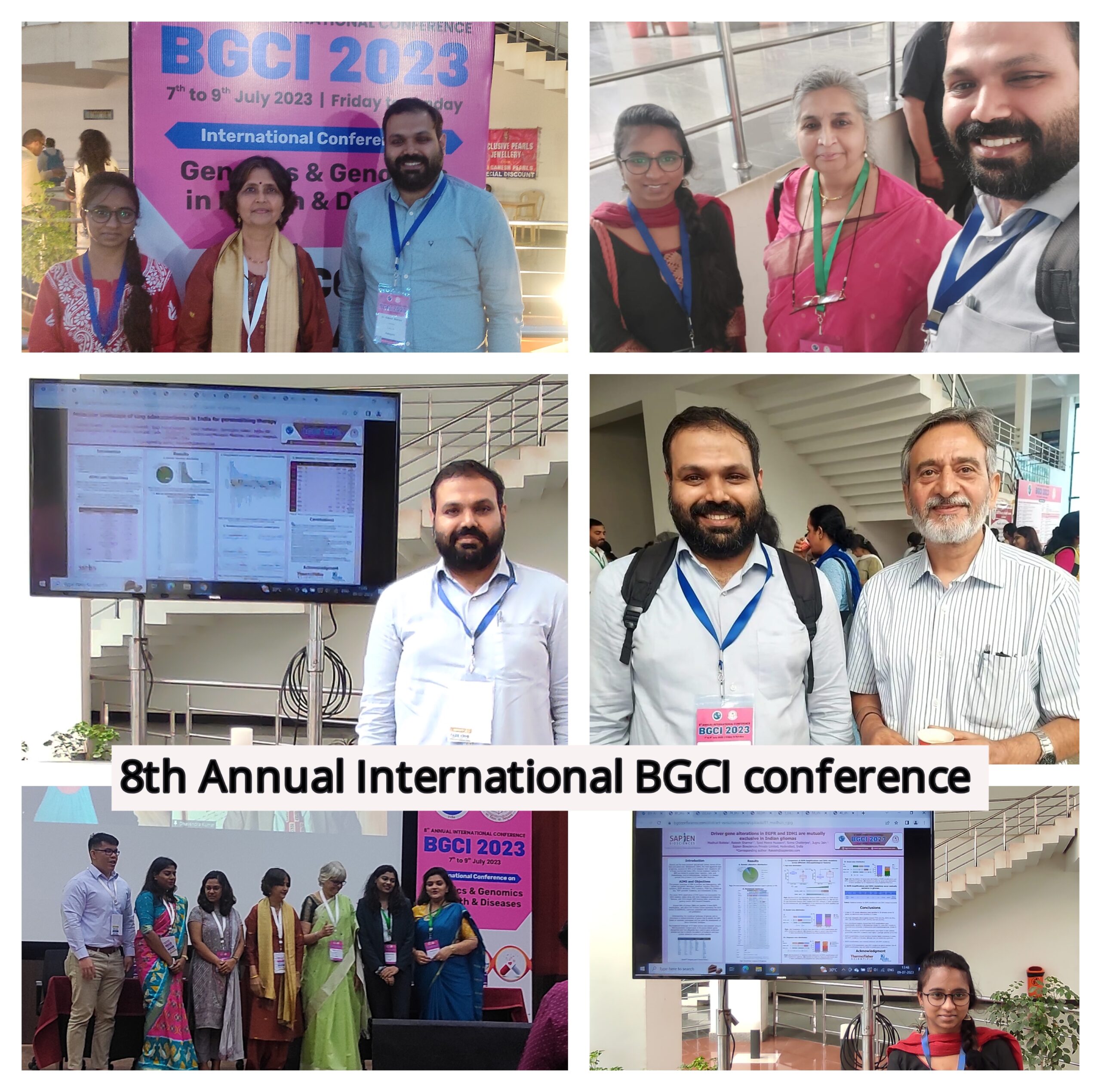
Delighted to be a part of 8th Annual BGCI #conference held at the #University of Hyderabad from July 7th to 9th, 2023 where Rakesh Sharma, PhD and Madhuri R presented posters titled “Molecular landscape of #lung adenocarcinoma in India for personalizing therapy” and “Driver gene alterations in EGFR and IDH1 are mutually exclusive in Indian Gliomas”.
Jugnu Jain and Kalpana Kannabiran were invited by Dr Q. Annie Hasan to chair the session on “Psychosocial #ethical and legal issues in #genetics and #genomics ” including panelists Dhavendra kumar Mahati Chittem Saveetha Meganathan, Kelly Ormond and Peter Abad.
Reena Trivedi Vaishnavi Suresh helped put the panel together.
It was an enriching experience, filled with insightful presentations and discussions.
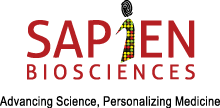
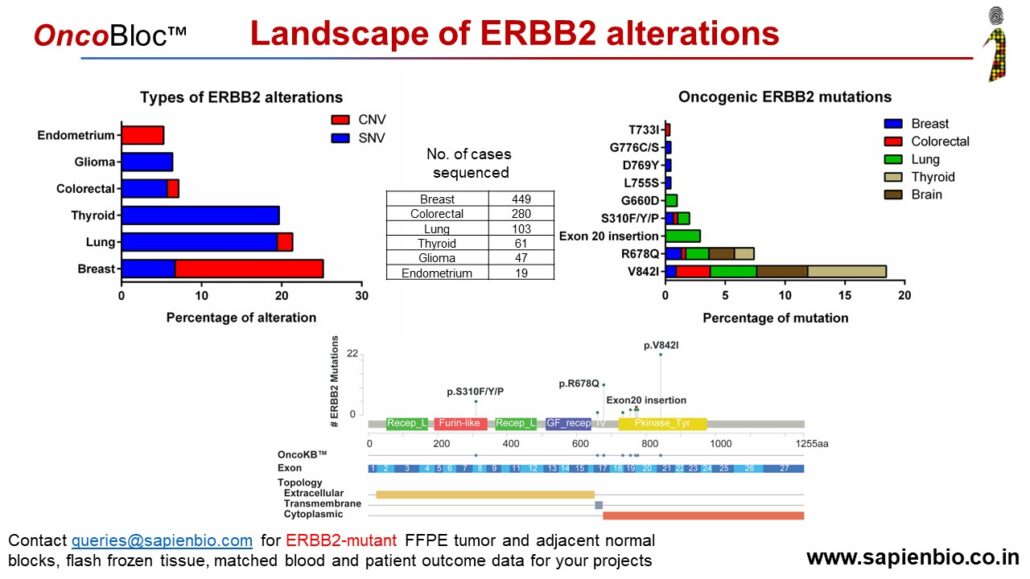
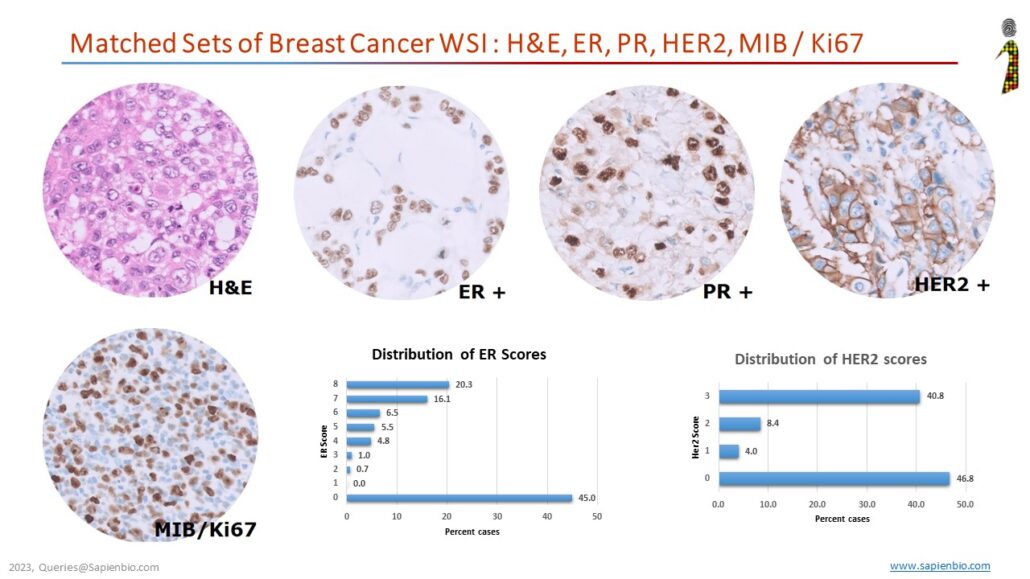
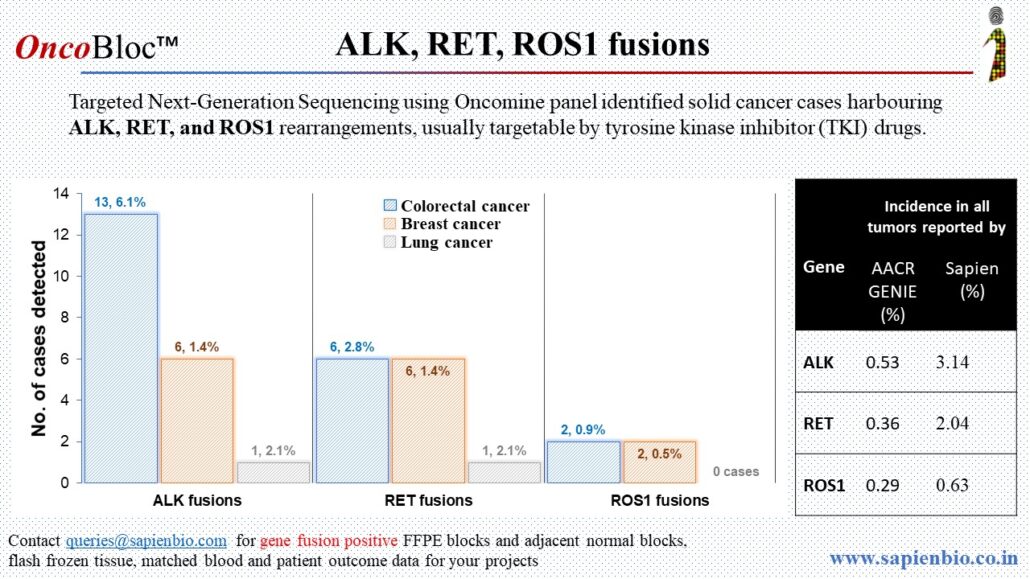
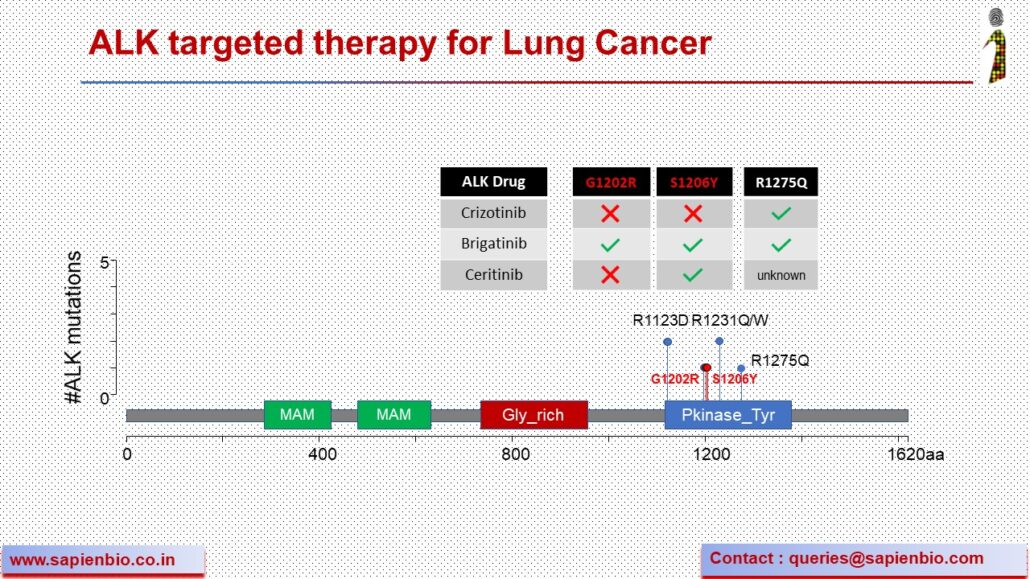
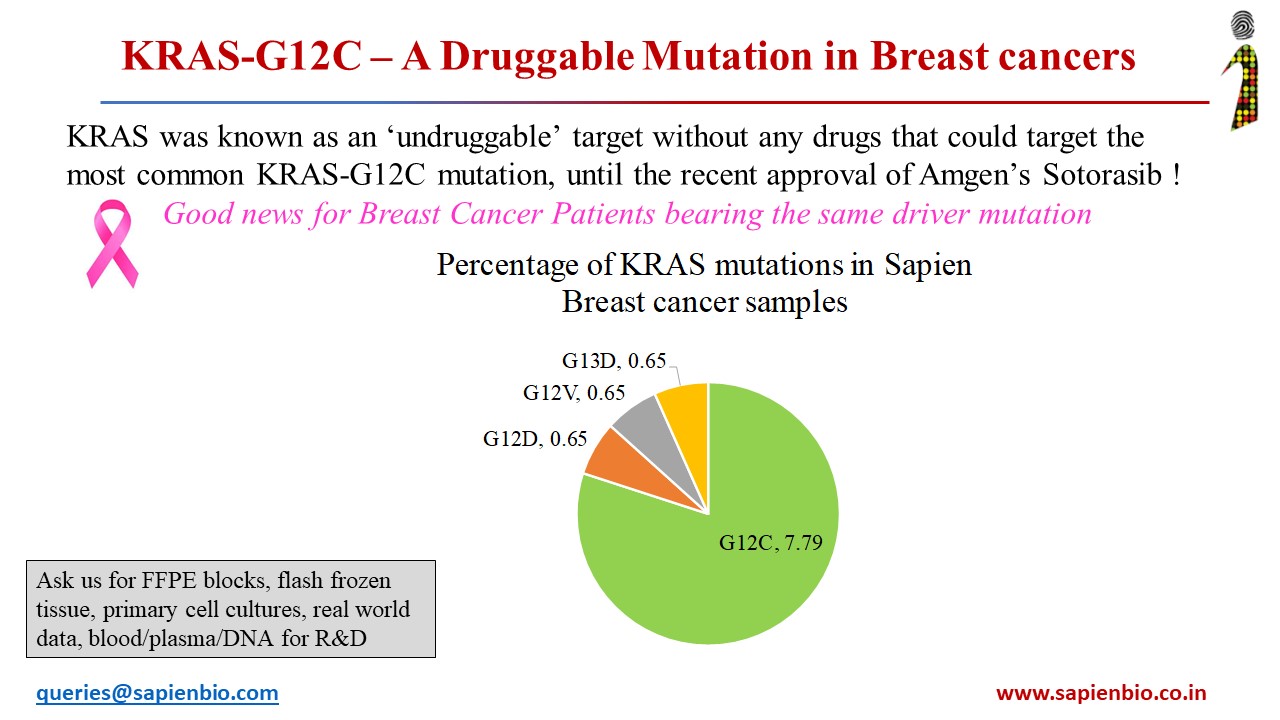
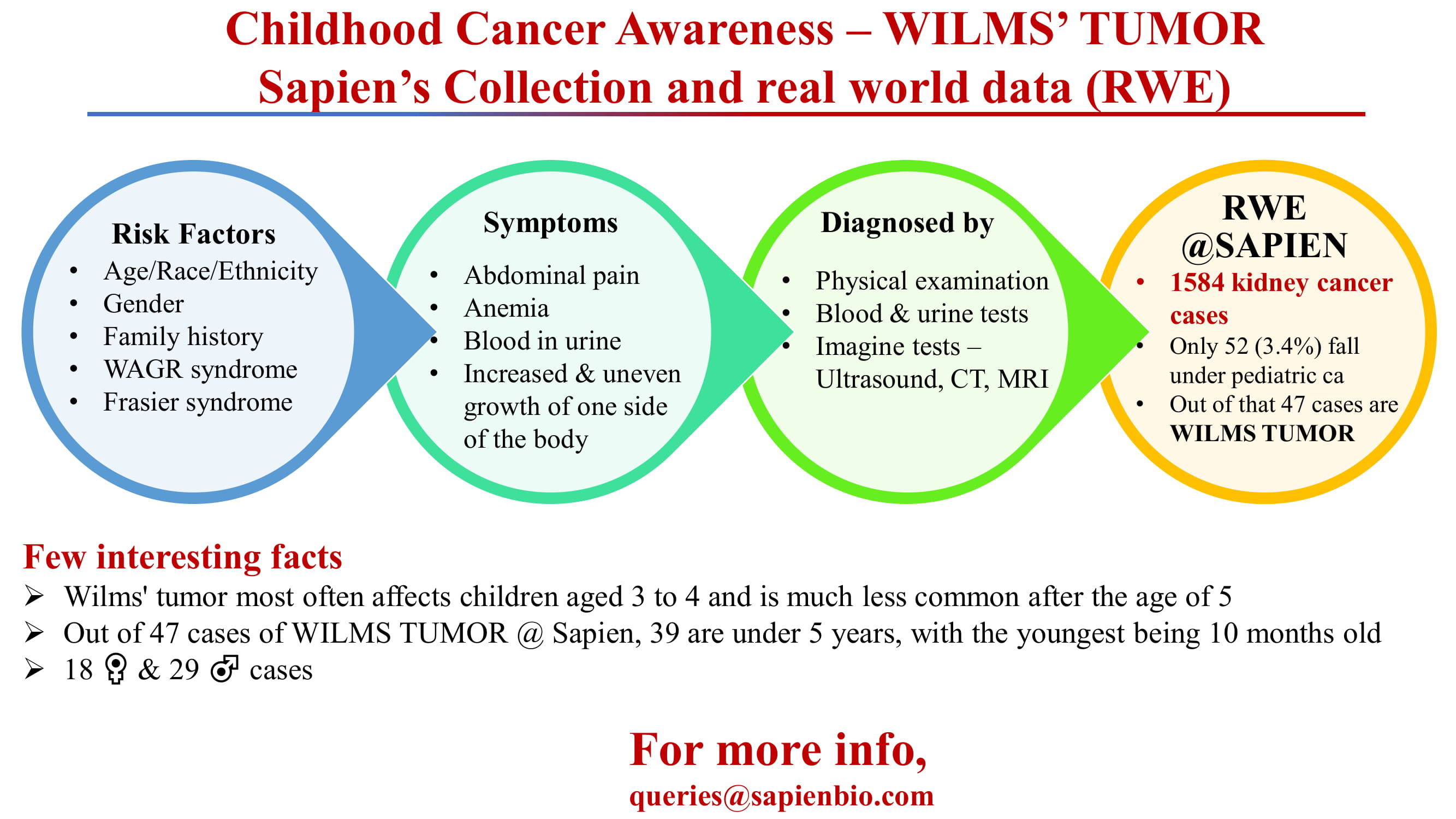
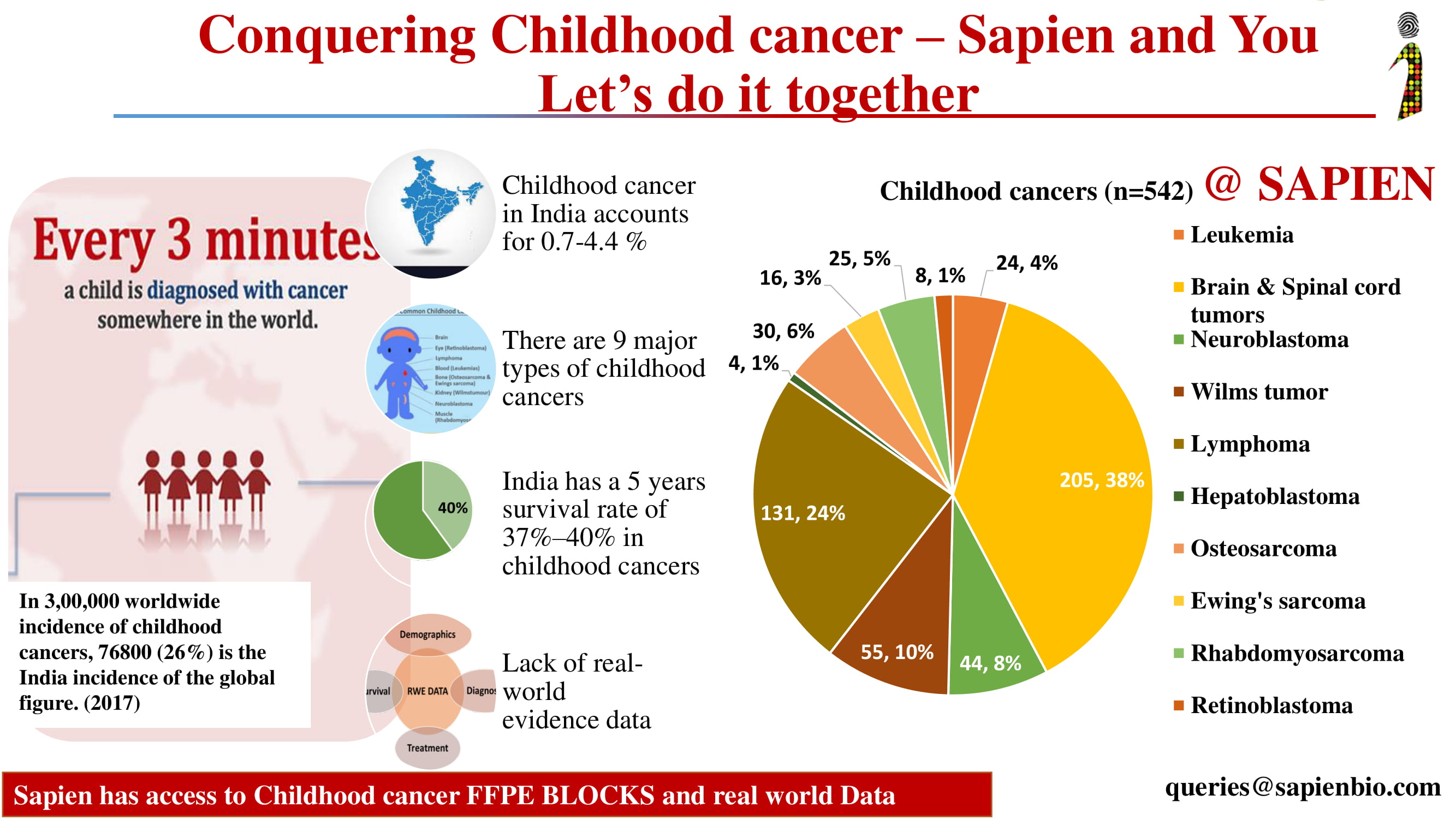
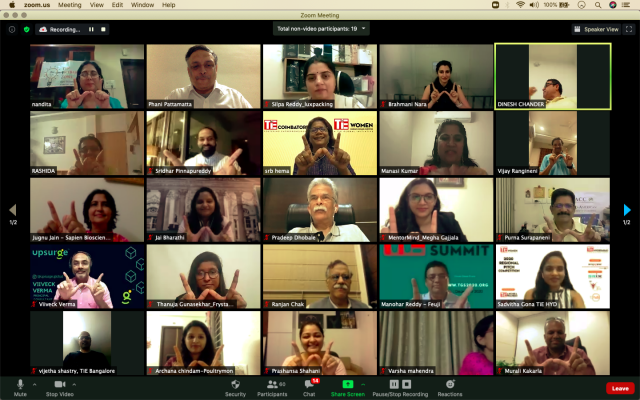
Recent Comments